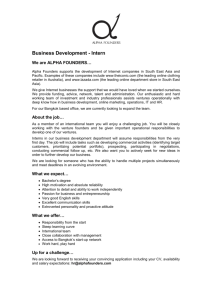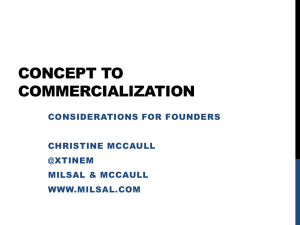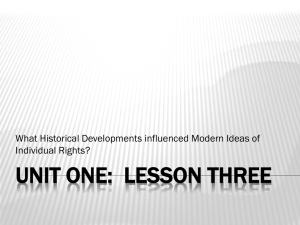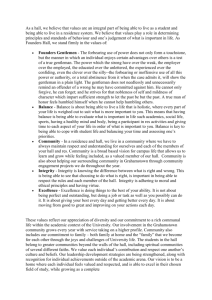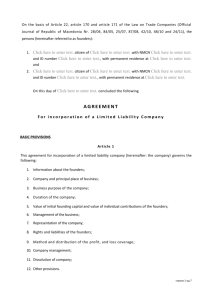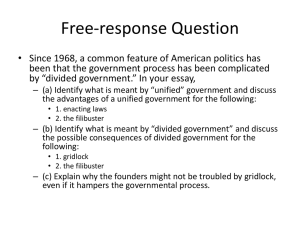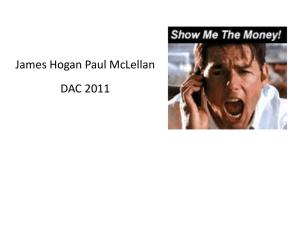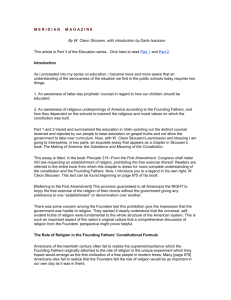Chapter 3 Rise of Modern Humanism
advertisement
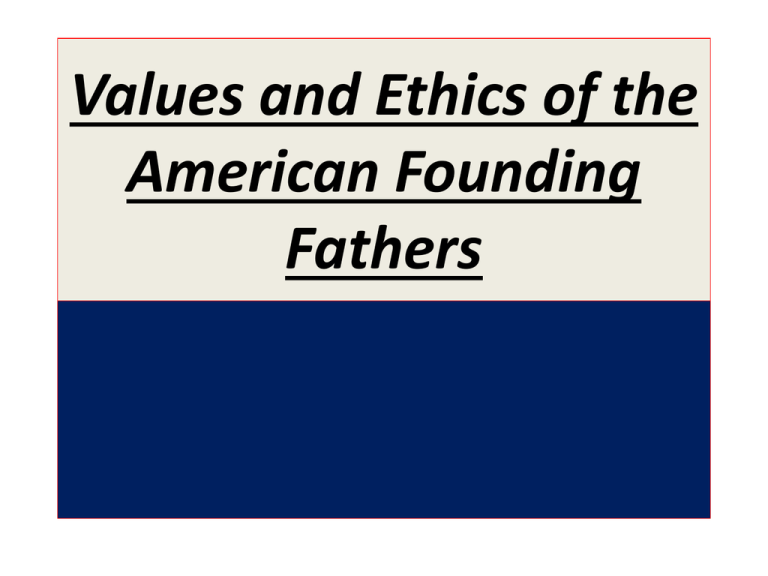
Values and Ethics of the American Founding Fathers Humanism • Humanism is a broad category of ethical philosophies that places man, not God, at the center of social life. • Humanists believe in man’s capacity for lasting social and moral progress. Founders and Classical Philosophy • Founders used classical texts to support a version of humanism whose emphasis on progress and individual rights was distinctly modern. Stoic Theory of Natural Law • According to Stoicism, the whole cosmos is rationally ordered by an active principle variously named God, mind, Providence, or fate. • cosmos. Stoic Theory of Natural Law • The Stoic view of Natural Law [universal ethical code]: based on both reason and intuition [direct and immediate apprehension of truth]. • Ancient Greek philosophers were the first to elaborate a natural law doctrine. Stoic Theory of Virtue • To live virtuously means to live in accord with one's nature, to live according to right reason. • This doctrine was popularized among the Romans . • Founders’ Virtues: frugality, simplicity, temperance, fortitude, love of liberty, honor, etc. Epicurean Humanism: Reason • In the Epicurean view, the highest pleasure (happiness and freedom from fear) was obtained by knowledge and reason. Epicurean Humanism • In modern times Thomas Jefferson referred to himself as an Epicurean, and the preamble to the United States Declaration of Independence demonstrates Epicurean influence by inalienable right of life, liberty, and the pursuit of happiness. Religious Beliefs of Founders • If there is a clear legacy bequeathed by the founders, it is the insistence that religion was a private matter in which the state should not interfere. Most Founders Believed? 1. 2. 3. 4. Faith in a remote God Afterlife: Rewards and Punishments Justification by good works Religion/morality vital to survival of Republic 5. Free will 6. Jesus: ethical philosopher, not divine Religion and Founders • Ben Franklin and Thomas Jefferson believed in the existence of a God on the basis of reason, and observation of the natural world. • They seemed to stress the social utility of faith and religion. Religion and Founders • George Washington harbored a Stoic sense of providential destiny. • Believed in a distant, impersonal God • Lifelong Anglican • Stressed the social utility of religion and morality • Rarely referred to Jesus Religion and Founders • John Adams began a Congregationalist and ended a Unitarian. • Emphasized ethics over theology. Founders and Religion • Founders interwove Christianity with classical philosophy. • Founders acceptance of modern science caused them to question traditional religious doctrines of direct divine intervention in the world. Founders and Classical Philosophy • Founders used classical texts to support a version of humanism whose emphasis on progress and individual rights was distinctly modern.
